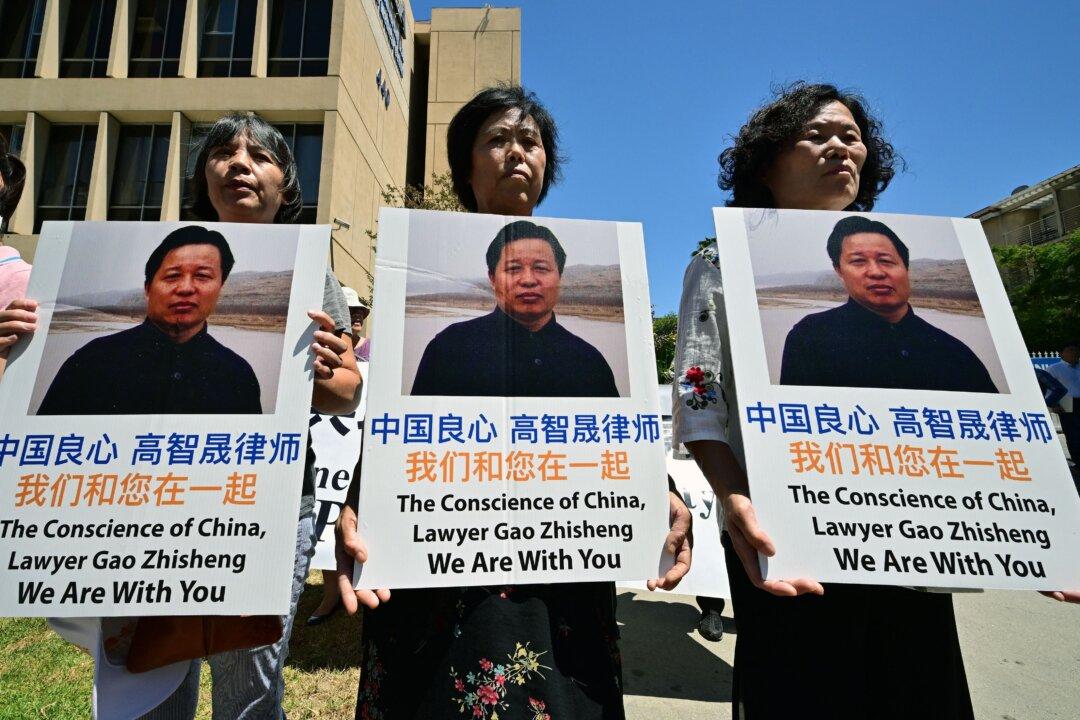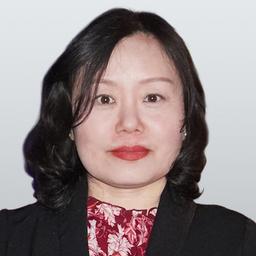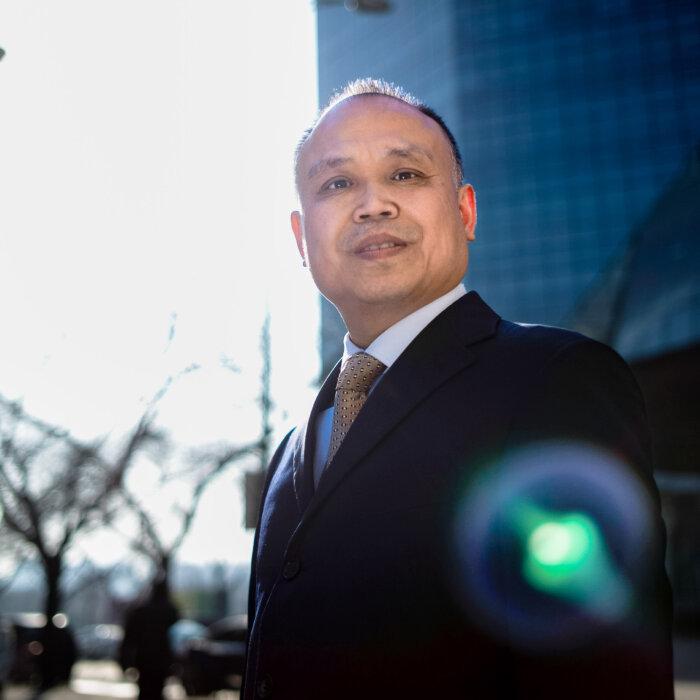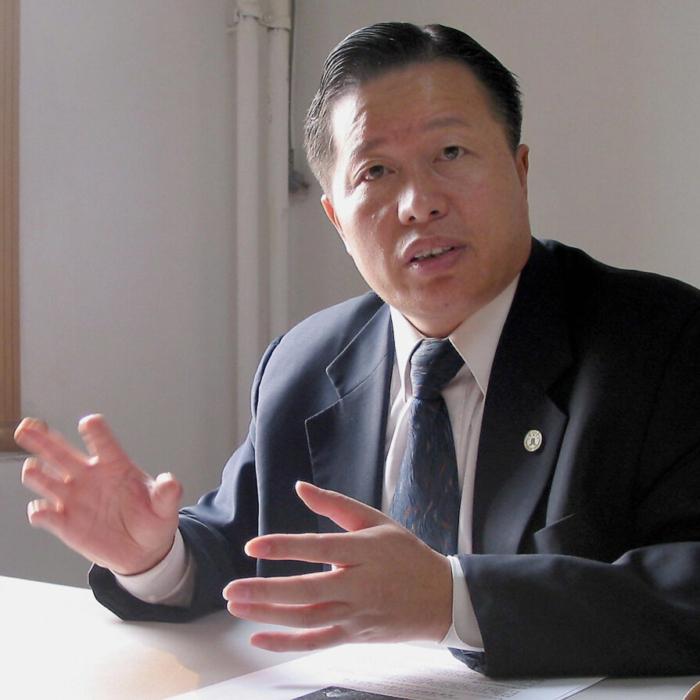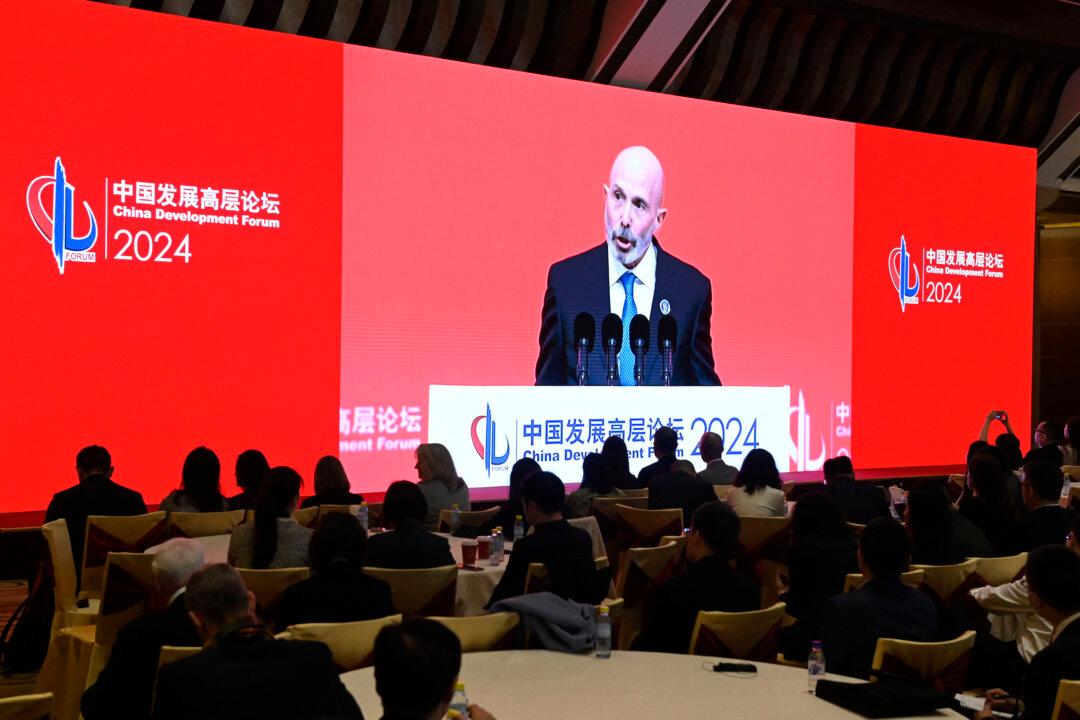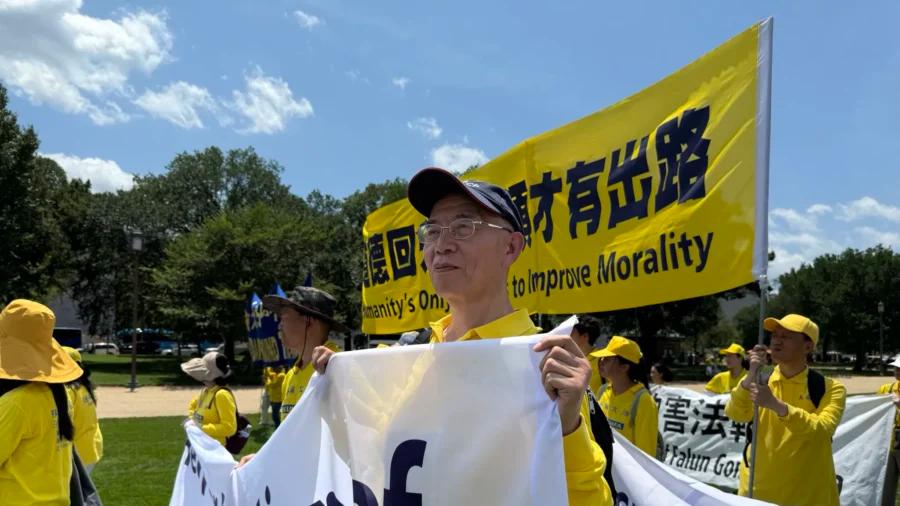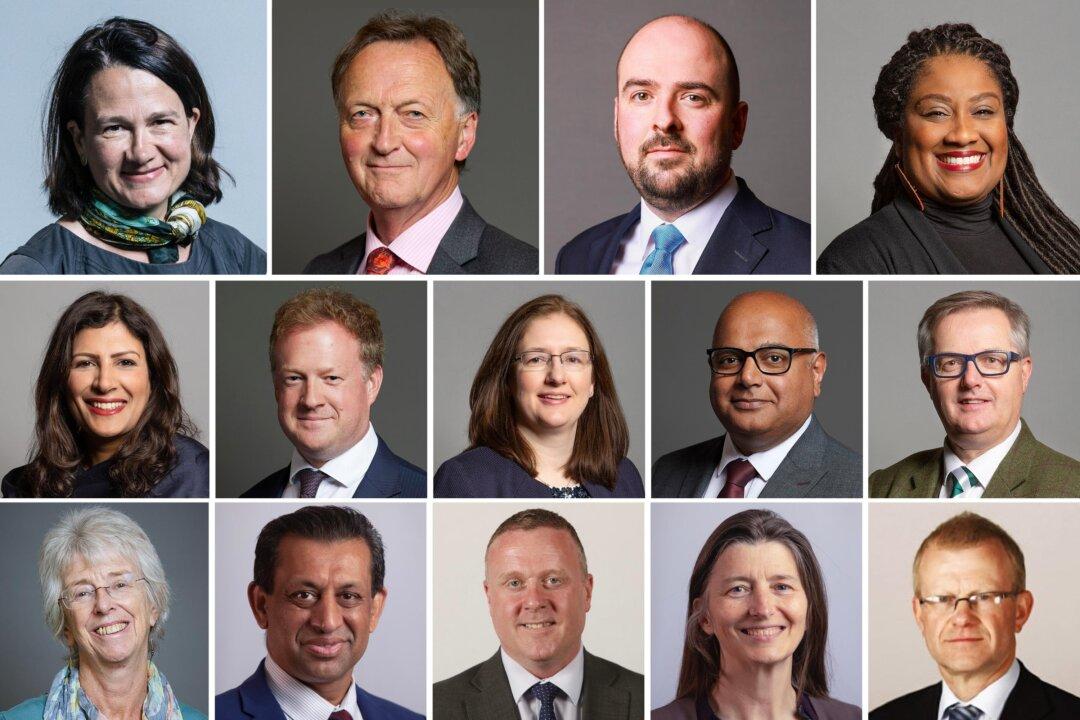Western lawmakers and human rights organizations have called on China to end the continuing suppression of rights defenders in China on the ninth anniversary of the Chinese communist regime’s large-scale clampdown on human rights lawyers and activists.
In 2015, the Chinese Communist Party (CCP) initiated a nationwide campaign targeting human rights lawyers, activists, and their families. Beginning on July 9 of that year, more than 300 lawyers and activists across the nation were arrested, in what later became known as the “709 Crackdown,” or simply “709.”
“The ‘709’ lawyers are a distinct group of brave Chinese human rights defenders whose relentless pursuit of justice has resulted in their loss of basic freedoms, as well as social and economic inclusion—in some cases, this even extends to their families,” Ms. Flor said in a July 9 post on social media. “I call on the authorities in China to overturn ... rulings on the ‘709’ cases and to restore the rights of these defenders and their families. They deserve to be celebrated.”
The China Human Rights Lawyers Group held an online seminar on July 9, bringing together human rights lawyers, family members of victims, and supporters to discuss how to continue defending human rights in the era that they call “totalitarianism 2.0” in China.
Gao Zhisheng
Nine years after the 709 clampdown, some of the lawyers remain in Chinese custody.Mr. Gao, a self-taught lawyer and devoted Christian, has been nominated for the Nobel Peace Prize three times. He began practicing law in 1996, defending victims of government land seizures; families of miners seeking compensation after their loved ones died in coal mining accidents; and persecuted Christians and Falun Gong practitioners.
The subversion charge is a catch-all charge that the CCP often uses against dissidents.
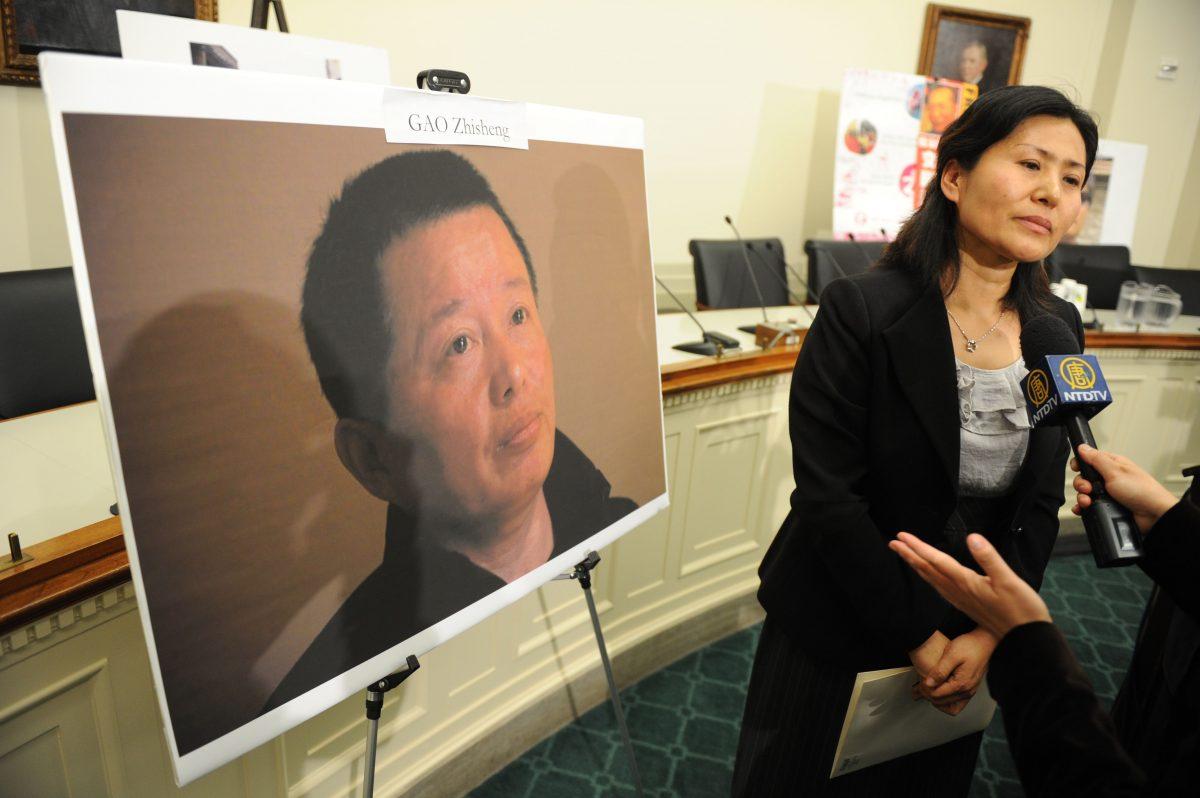
Ding Jiaxi, Xu Zhiyong
In another high-profile case, Ding Jiaxi and Xu Zhiyong, both human rights lawyers and prominent figures in the New Citizens’ Movement, were sentenced to 14 and 12 years, respectively, by a Chinese court in April 2023 after being convicted under the catch-all charge.The New Citizens’ Movement promotes civil rights, campaigns for greater transparency regarding the wealth of CCP officials, and seeks the peaceful transition of China toward constitutionalism.
Mr. Xu and Mr. Ding were detained after they organized and attended a private gathering in December 2019 in Xiamen, a city in southern China’s Fujian Province, to discuss civil society and political reforms with like-minded associates. About half a year later, they were put on trial behind closed doors.
During the months in detention, the pair were subjected to torture and ill-treatment, including prolonged sleep deprivation, interrogation while being forced to sit on a restraining device called the “tiger chair,” food and water restrictions, and deprivation of shower access, according to Mr. Ding’s wife, Sophie Luo.
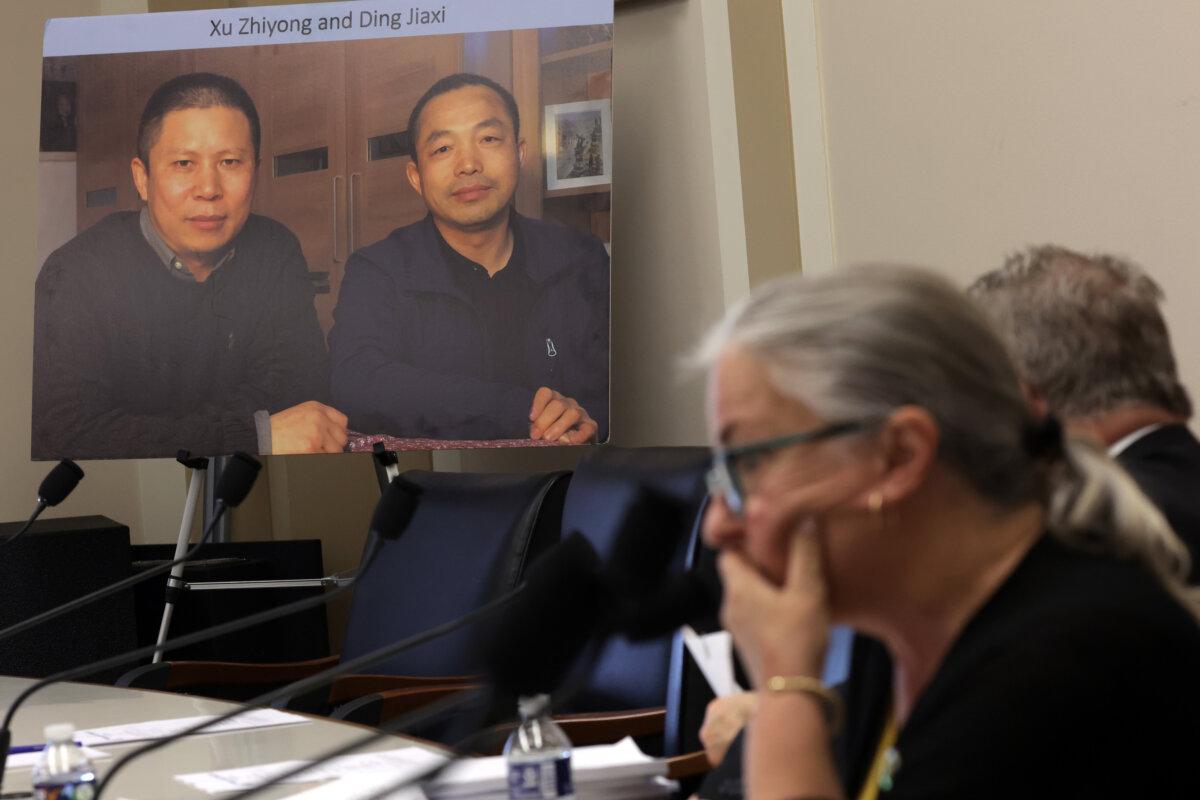
Wang Yu
Those who have been released still live under surveillance. Wang Yu, who was imprisoned during the 709 clampdown, is now subject to a travel ban and repeatedly harassed, threatened, searched, and physically assaulted by police, according to the U.S. State Department. She was targeted by the CCP for her work defending activists, farmers, and Falun Gong practitioners.Falun Gong, a meditation discipline based on the principles of truthfulness, compassion, and tolerance, has been the subject of a relentless persecution campaign in communist China.
“Carving out people’s organs when they are alive. It’s absolutely horrible. Just hearing about it gives me the creeps,” Ms. Wang told The Epoch Times in July 2015. “It’s not acceptable for a modern and civilized society.”
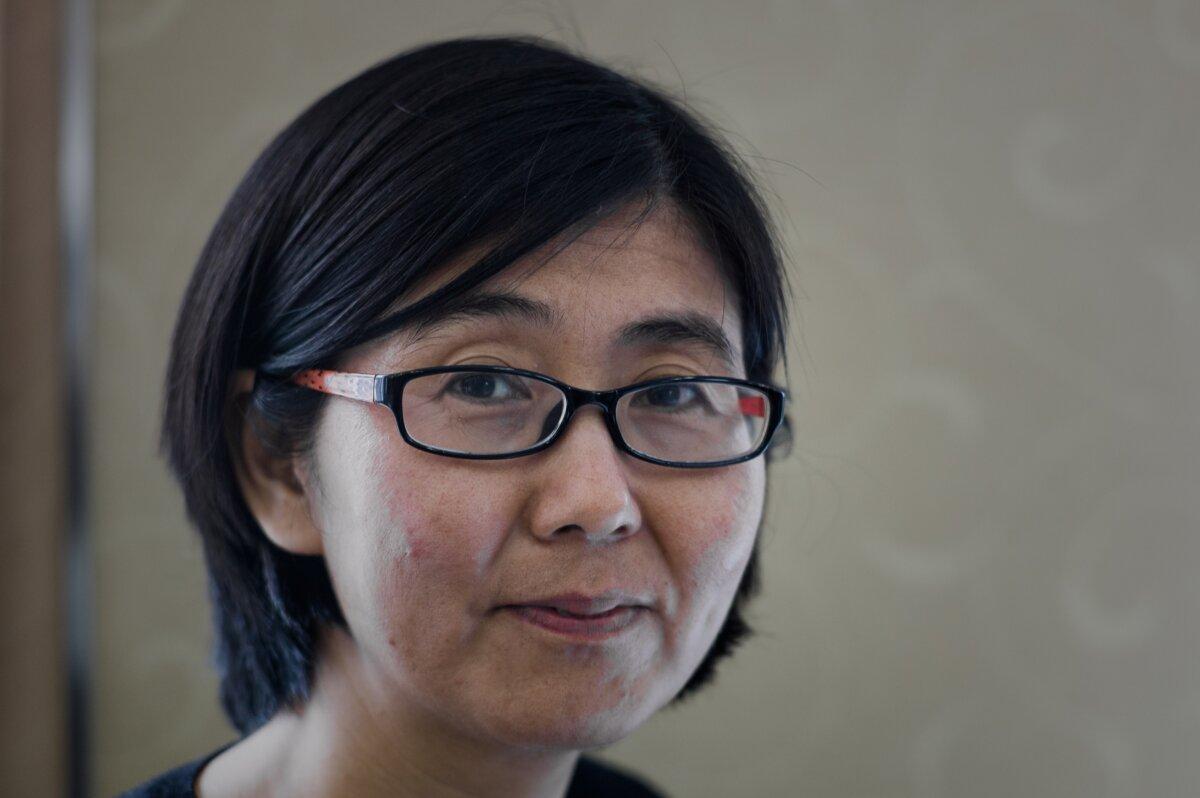
Ms. Wang said at the time that she was well aware of the brutal persecution faced by Falun Gong practitioners and was moved by their spirit of upholding their principles.
Falun Gong practitioners “are well-regarded, kind, and helpful people, as confirmed by their families, neighbors, and colleagues,” she said at the time.
“It looks like I’m helping Falun Gong practitioners, but really, I’m advocating for all of us. We can’t stand by and let the government trample on the rights of its citizens like this,” she said. “Though my influence may be limited, I believe it can still make some difference. This is a belief shared by every human rights lawyer.”
